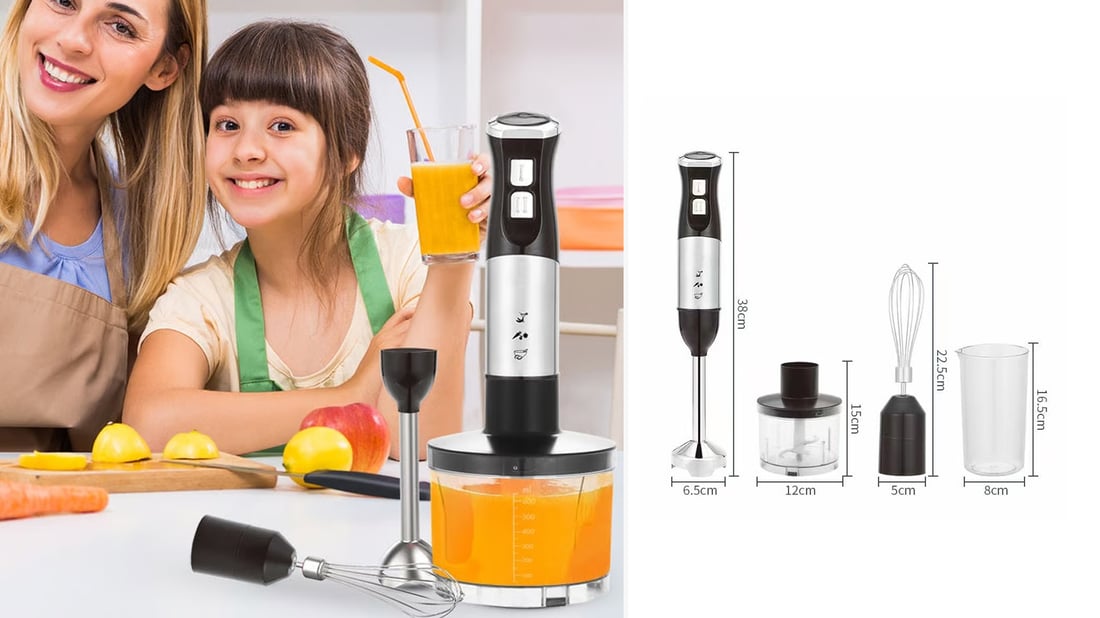Price
When it comes to comparing home and commercial blenders, one of the main differences is the price. Commercial blenders tend to be more expensive than home blenders due to their higher quality and durability. If you are on a budget and only plan to use the blender for basic tasks such as making smoothies or soups, a home blender might be more suitable for you. However, if you plan to use the blender frequently and for more demanding tasks, investing in a commercial blender could be worth it in the long run.
Capacity
Another key factor to consider when choosing between a home and commercial blender is the capacity. Commercial blenders are designed to handle large quantities of ingredients at once, making them ideal for restaurants, cafes, or large families. Home blenders, on the other hand, have smaller capacities and are better suited for individual use or small households. If you regularly make large batches of food or drinks, a commercial blender may be more suitable for you.
Power
The power of a blender is crucial when it comes to blending tough ingredients such as ice, frozen fruits, or nuts. Commercial blenders typically have higher wattage and more powerful motors than home blenders, allowing them to crush and blend ingredients more efficiently. If you frequently prepare challenging recipes that require a lot of power, a commercial blender may be the better choice for you. However, if you mainly use your blender for simple tasks, a home blender with less power may be sufficient.
Durability
Commercial blenders are built to withstand heavy daily use, making them more durable than home blenders. They are designed with high-quality materials that can handle the demands of a busy kitchen environment. Home blenders, while still durable, may not be able to withstand the same level of wear and tear. If you are looking for a blender that will last you a long time, investing in a commercial blender may be the way to go.
Features
Commercial blenders often come with a wide range of features and settings that allow for customization and precision blending. These features can include variable speeds, preset programs, and different blade options. Home blenders, while they may have some basic settings, typically do not offer as many advanced features. If you are someone who enjoys experimenting with different recipes and techniques, a commercial blender with more features may be more suitable for you.
Noise Level
One downside of commercial blenders is that they tend to be louder than home blenders due to their powerful motors. If you are sensitive to noise or live in a small space where loud appliances could be disruptive, a home blender may be a better choice for you. Home blenders are generally quieter and more suitable for use in residential settings where noise may be an issue.
Cleaning
Commercial blenders are often designed with easy cleaning in mind, with removable parts that are dishwasher safe or easy to hand wash. Home blenders also typically have removable parts for cleaning, but they may not be as durable or easy to clean as commercial blenders. If you value convenience and quick cleanup, a commercial blender may be more suitable for you.
Warranty
Commercial blenders often come with longer and more comprehensive warranties than home blenders. This is because they are designed to withstand heavier use and are more expensive to repair. If you want the peace of mind of knowing that your blender is protected against any potential issues, a commercial blender with a solid warranty may be the right choice for you.
Design
Commercial blenders are usually larger and bulkier than home blenders, as they are designed for professional use in commercial kitchens. Home blenders, on the other hand, tend to be more compact and aesthetically pleasing, making them better suited for home kitchens where space may be limited. If you are concerned about the size and appearance of the blender in your kitchen, a home blender may be more suitable for you.
Resale Value
One factor that is often overlooked when choosing between a home and commercial blender is the resale value. Commercial blenders tend to hold their value better over time, as they are built to last and are in high demand in the second-hand market. Home blenders, while still valuable, may not fetch as high of a price if you decide to sell or upgrade in the future. If you are looking to invest in a blender that will retain its value, a commercial blender may be the more suitable option for you.

